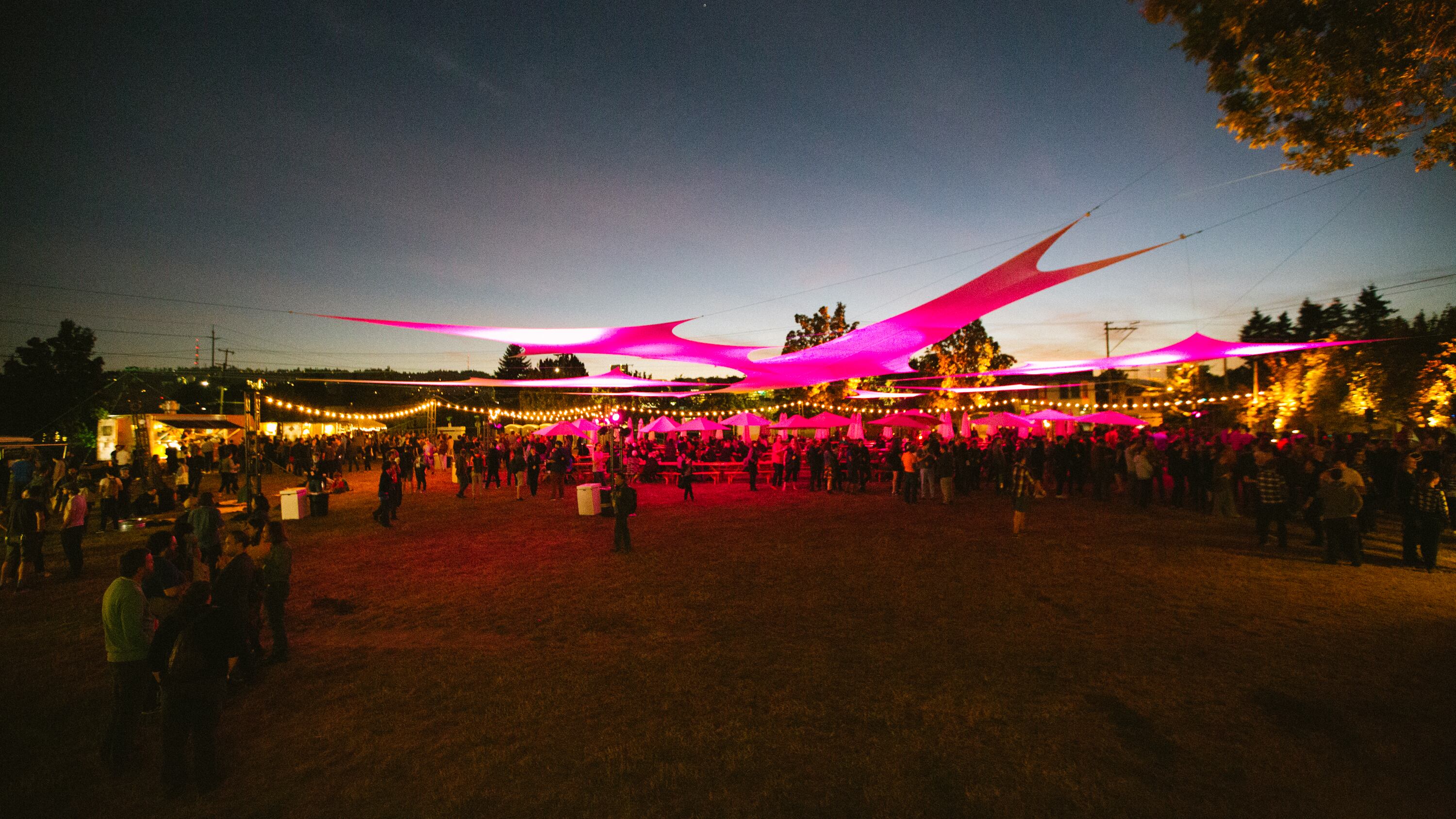WW presents "Distant Voices," a daily video interview for the era of social distancing. Our reporters are asking Portlanders what they're doing during quarantine.
It's hard to remember now, but there was a time when the cancellation of large gatherings was not a foregone conclusion.
Back in mid-March, the idea that a virus could shut down a massive undertaking like South by Southwest or Coachella seemed impossible. Even crazier was the notion that it could disrupt an event six months down the line.
But the founders of Portland's XOXO Festival couldn't afford to wait and see.
The festival—billed as "an experimental festival for independent artists who live and work online"—draws 1,200 attendees from around the world and often sells out far in advance. Although it normally takes place in September, the organizers knew the longer they held out, the harder it would get for them financially.
"On the day we announced, in the U.S., there were 80 confirmed coronavirus deaths," says Andy Baio, who co-founded the conference in 2012 with his partner, Andy McMillan. "At the time, it wasn't clear where things were going to go.…But for us, we're an independent event with an extremely small team. We knew the moment we started taking money from sponsors and attendees, it wouldn't be something we could recover from if we had to cancel closer to the event."
For Baio, it was a difficult but obvious decision. The future, however, is less clear. Many of the event organizers he's spoken to have written off 2020, and are attempting to shift online—a path he'd rather not take. While XOXO is dedicated to the internet, the point is to bring the culture of the web offline and into real life. No decision has been made regarding 2021, but Baio says a virtual festival would defeat the whole purpose.
"The last XOXO," he says, "may have been the last one."
Whether or not the festival returns, for the time being, Baio, whose other credits include writing for Wired and helping get Kickstarter off the ground as its chief technology officer, finds himself with an empty calendar.
He spoke to WW about being a "quarantine cliché," how developers are innovating new ways to find community online, and how the pandemic has made it harder to find cool stuff on the web.
